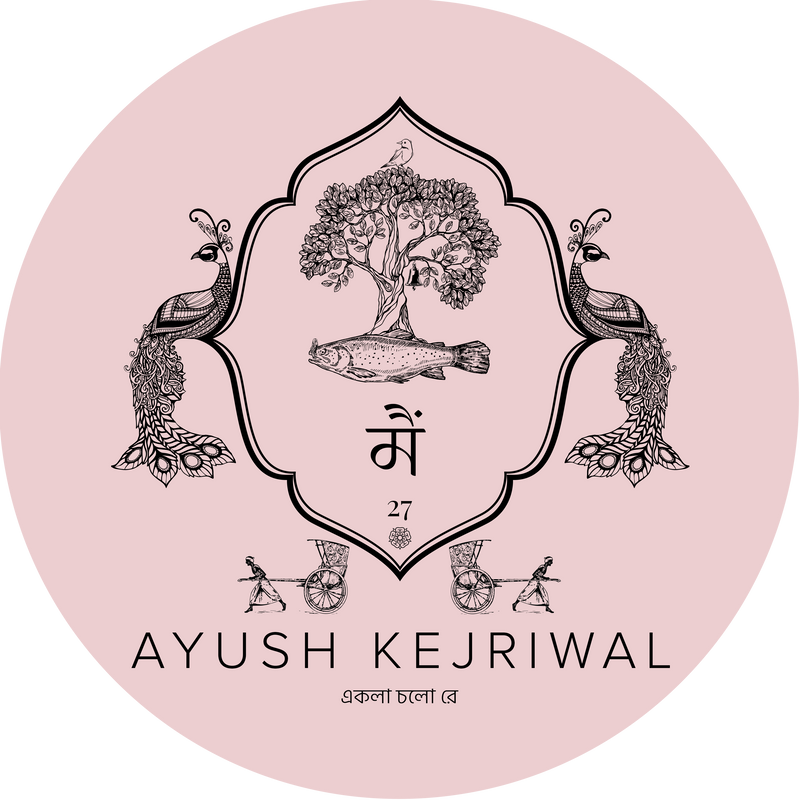Easy Part Payments Options Available
Easy Part Payments Options Available
$ HKD 
The nationwide lockdown that the viral outbreak has brought with it, has neglected the fact that the burden of domestic responsibilities is governed by gender identities in a country like ours; this means that most of the household chores that were traditionally done by women since time immemorial, now just get two-fold, owing to the absence of external house help. At times like this, while most of the communications revolve around the narrative of not having to burden women further, seldom do they talk about men or other family members sharing this labour.
Rakhwali is an Indian colloquial term that refers to a caretaker, a way of perceiving the invaluable contribution of the women who make your house a home. Through the story, the idea is to humanize a message. I have used the phrase “Rakhwali Ke Rakhwale”, a phrase that gets to the viewer, and whispers to them that those who take care of us, need someone to take care of them as well, and if this war against the virus isn’t in our hands to fight, the least we can do is ease the burden off of those we love. Instead of glorifying her as a selfless hero, be a part of her struggle, if her fingers are dodging the heat and flipping the chapatis, take the edge off by doing the dishes; it’s convenient to cheer from the stands, but harder than ever to rough it out on the ground, and if there’s one thing that we can take from this pandemic that has befallen us, it is that compassion takes courage, and wars are never won by cowards.
Rakhwali aims to tug at the viewers’ heartstrings and instill this sense of courage and compassion because there is a reason you can today safely stay within the four walls of your house and that reason is a person who deserves not only paramount acknowledgment but unconditional help in every form possible.
